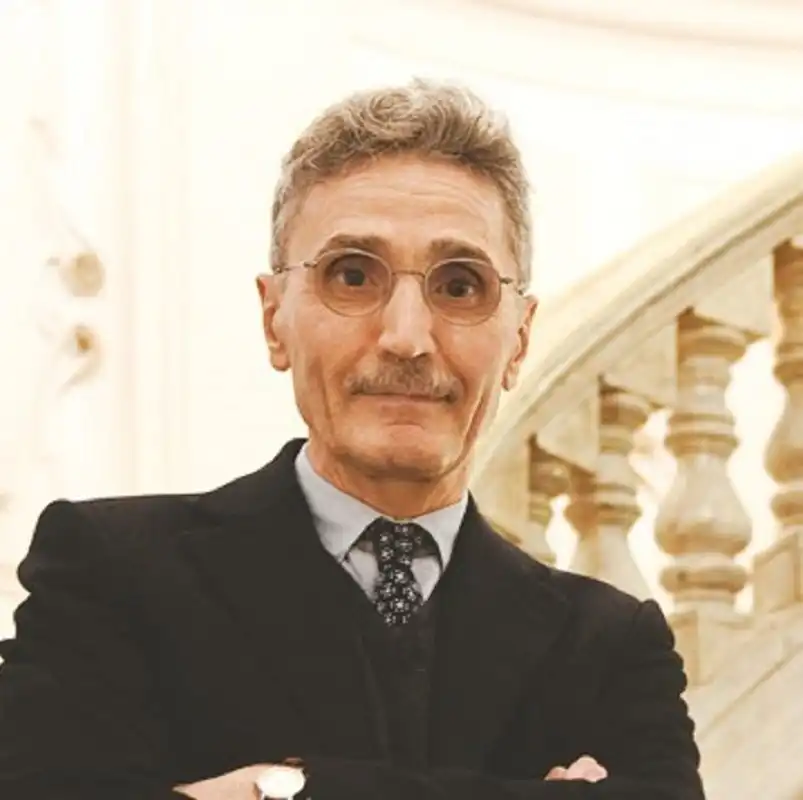Accueil>[Séminaire général du CEE] The European union in hard times: how to overcome its weakness?
18.11.2025
[Séminaire général du CEE] The European union in hard times: how to overcome its weakness?
À propos de cet événement
Le 18 novembre 2025 de 12:30 à 14:00
Organisé par
Centre for European Studies and Comparative Politics (CEE)The European Union (EU) is facing dramatic challenges, a military war on the East, a trade war on the West and an illiberal war from within. The arrival of Donald Trump at the US Presidency has introduced a radical change of the world political and ideological paradigm. The new paradigm has called into question, not only European security but also its liberal democracy model. In dealing with those challenges, the EU is showing a decision-making weakness due to the intergovernmental governance become predominant with the crises of the 2010s and 2020s.
During those crises the European Council was the driving institution for managing them. National governments were able to take decisions, but their decisions were contradictory and unaccountable and regularly hindered by divisions and vetoes. The process of inter-governmentalization of the EU has emerged also in fields that should be the province of the supranational European Commission, as trade policy. The EU is functioning as an intergovernmental organization, leaving supranational governance to manage the low political salience’s issues of the single market. To accommodate national governments’ divergent preferences, the EU is acquiring the features of an international organization, far from its supranational foundations. From an ever-closer union to an ever-looser union.
A union of 27 (and tomorrow 35) national governments, deciding under the condition of unanimity, cannot deal with the existential threats represented by Putin’s imperialism, Trump’s nationalism and internal right-wing’s illiberalism. The EU is under attack and doesn’t have the institutional tools to deal with those threats. To escape from paralysis and decline, the EU should go beyond the EU. Acknowledging its internal divisions regarding the finalité of the integration project, and operating outside of the Treaties, it is necessary to move in direction of a multi-tier Europe. Based on distinct constitutional arrangements, a confederacy, a community, and a federation might be envisaged, with the latter endowed with the fiscal and military capacity to act as a legitimate and effective political actor. A core organized according to the model of a federal union and not a federal state. Without the driving force of a federalist core, it will be implausible to face the military war on the East, the trade war on the West and the illiberalism’s challenge from within.
Speaker
Sergio Fabbrini, Luiss University

Sergio Fabbrini is Professor Emeritus of Political Science and International Relations and Intesa Sanpaolo Chair on European Governance at the Political Science Department of the Luiss Guido Carli in Rome. He had the Pierre Keller Chair at the Harvard Kennedy School of Government (2019-2020) and he was a Recurrent Visiting Professor at UC Berkeley. He was Jemolo Fellow at the Nuffield College, Oxford University and Jean Monnet Chair Professor at the Robert Schuman Center for Advanced Studies, European University Institute in Florence. He lectured in several international universities and won several prizes. He published twenty-two books, two co-authored books and twenty edited or co-edited books or journals’ special issues, and several hundred scientific articles and essays in seven languages in the most important peer-reviewed international journals. His recent publications in English include: A Federalist Alternative for European Governance: The European Union in Hard Times (Cambridge University Press 2025); Europe’s Future: Decoupling and Reforming, (Cambridge University Press, 2019); Which European Union? Europe After the Euro Crisis, (Cambridge University Press, 2015); Compound Democracies: Why the United States and Europe Are Becoming Similar (Oxford University Press, 2010, second and revised edition); America and Its Critics: Vices and Virtues of the Democratic Hyperpower (Cambridge, Polity Press, 2008). He is considered one of the most authoritative scholars on European and comparative politics and institutions.
Chair
Florence Haegel, Sciences Po, CEE
Discussant
Carlo Colombo, Sciences Po, CEE
À propos de cet événement
Le 18 novembre 2025 de 12:30 à 14:00
Organisé par
Centre for European Studies and Comparative Politics (CEE)